Posts feature partner companies & may be sponsored. Post contains affiliate links & I will be compensated if you make a purchase after clicking on links. As an Amazon Associate I earn from qualifying purchases.
Last Updated on June 26, 2017 by Diane Hoffmaster
Camping, whether as a family or on your own, offers an amazing experience for very little cost. It is a great way to unplug you and your family from the everyday hassles of life. You will learn to enjoy the simple pleasures of a glorious sunrise or a quiet shared meal. However, you do need to read up on a few camping tips for beginners if you really want to have a pleasant experience. You'll also need to invest in some equipment! However, once you are done planning, you will have everything you need to escape the city and enjoy Mother Nature as often you like.
This post contains affiliate links. If you make a purchase through a link on this site,
we receive a small commission at no additional cost to you.
Table of Contents
Camping Tips for Beginners
If you're new to camping or just starting to think about it, there are a few things you will need to remember in order to make your trip as enjoyable as possible. For the purpose of this article, we are addressing car camping, in which you drive to your campsite and set up your tent. For many, this is their first introduction to camping.
Choosing the right tent:
Right off the bat, you're going to need a tent or two, depending how many people are coming. This is also a good time to suggest checking with the campground on the maximum number of people and tents they allow per campsite.
One of the most important camping tips for beginners is to not buy a cheap tent! There is a huge variety in size, price, and special features when it comes to the best tents for camping. Tents are sized by the number of people they sleep. They can range in price from less than $100 to more than $1,000. There are single room tents, where everyone is in the same area and multi-room tents where the rooms are separated by a thin sheet of nylon. If you're camping with kids who like their privacy, this may be a good option. You will also want a waterproof groundsheet that will go under your tent and act as a barrier between the tent floor and the ground.
Another tip is to bring interlocking foam pieces to use inside your tent. Bring enough to cover the entire floor. They not only offer a degree of padding, they will also help prevent tears or rips in the floor of the tent.
What type of sleeping bag do you need?
Next are sleeping bags and pads for everyone. Sleeping bags are rated by climate temperature. For example, if you are camping in a warmer climate you wouldn't use the same sleeping bag used for the Pacific Northwest. Each sleeping bag will give you a rating indicating the climate it is designed for. Purchase the right one for where you will be. Nothing is worse than being too cold or too hot when you are trying to sleep.
Under your sleeping bag, you may want a cushioned sleeping pad. Sleeping pads also come in wide range, from a roll-up similar to a yoga mat to a full airbed on legs. The choice is a personal one, however, like picking the right sleeping bag. Be honest with yourself and select the option you believe will provide the comfort needed for a good night's sleep.
Be sure to pack extra blankets and your favorite pillows. Having a few comforts from home will make your first trip all the more memorable.
Camping Meals Made Easier
With your tent set up, it's is time to look where you will be preparing meals and sitting down to enjoy them. If you are hungry all week, none of these camping tips for beginners will make your journey more enjoyable!
You may want to consider using a gazebo or a screened tent to protect your kitchen from the elements. And even before that, be sure to plan your meals for each day and only bring the items you will need to prepare them.
In most cases, you will need some sort of stove or portable BBQ along with the required fuel. These items must be used outside and will often come with a stand. If not, most campsites will have a table where you can place them as well as fire pit if you prefer to cook over an open fire. If this is your plan, again check with the campground to ensure there is no fire ban in place for the dates you want to go camping.
A quick list of kitchen items includes
- Stove or BBQ, fuel, matches or lighters
- Pots and pans, knives, cooking and eating utensils, plates, mugs, cups as well as a tablecloth or two.
- Food storage items for both refrigerated and non-refrigerated items and trash bags for disposal.
Follow local regulations for disposal of food.
Campfire Basics
No camping trip is complete without a campfire and roasted marshmallows. Be sure to bring plenty of marshmallows! You can even buy marshmallow roasting sticks for roasting them on if you don't want to scavenge for sticks. One more point-- don't forget the coffee. A stainless steel coffee press is a great option. You don't have to deal with used filters or tie up an electrical outlet. And there is nothing quite like fresh coffee first thing in the morning when you're camping.
Personal Hygiene while Camping
With the kitchen set up, you will want to plan for showers and other personal hygiene requirements. When you book your campsite, make note of the distance between you and where the showers and toilets are located. Often they will be located throughout the park and you will want to familiarize yourself with their location during daylight hours. It is a lot easier to do it then rather than in the middle of the night. Pack a toiletry case for each member of your family. This serves a couple of purposes: it ensures you have extra soap, toothpaste, and other toiletries and gives everyone their own supplies since showers are usually individual stalls.
You will also want to make sure each person has a flashlight or headlamp. Campgrounds can be dark places at night. LED headlamps are not only cheap but also very effective in providing a light source while leaving both hands free. You may also want to consider a fuel or LED lantern. The LED versions cost less, are equally bright and pretty efficient when it comes to battery use. Bring extra batteries, and when you think you have enough buy another package just to be sure.
Prepare for Bad Weather
None of these camping tips for beginners can make a wet camping trip more enjoyable. Mother Nature often can be unpredictable when it comes to weather. As you begin to pack clothes for your trip, check weather forecasts for your location and pack accordingly. If rain is in the forecast bring a couple of extra jackets or hoodies in case the first becomes too wet to wear. While you want to be efficient with your packing list, having extras of the basics is a good idea. You can pack a few rain ponchos to keep yourself a tad bit dryer.
Stay Safe and Healthy
Finally, well-stocked first aid kit complete with a high SPF sunscreen and bug spray are mandatory. Use both liberally and often. If you any member of your family has allergies to either bug bites, trees, grasses or food, make sure you have packed the appropriate medication. Consider packing a 'worst case scenario' bag of supplies. I always camped with my Multifunction Swiss Army Knife or Leatherman tool, survival handbook, waterproof matches, and an emergency blanket. Yes, it was overkill and never needed (thankfully!) but I felt safer knowing I had the stuff.
As mentioned, camping is a wonderful way to feel like you are vacationing every weekend. Inviting friends to join you is another way to change up the routine from weekend to weekend. The possibilities are endless, and all of them are just waiting for you. However, knowing a few of these camping tips for beginners can make the difference between a great experience and a horrible one!
Have any other camping tips for beginners to share?
Like this post? Try this one!
Hiking Tips for Women
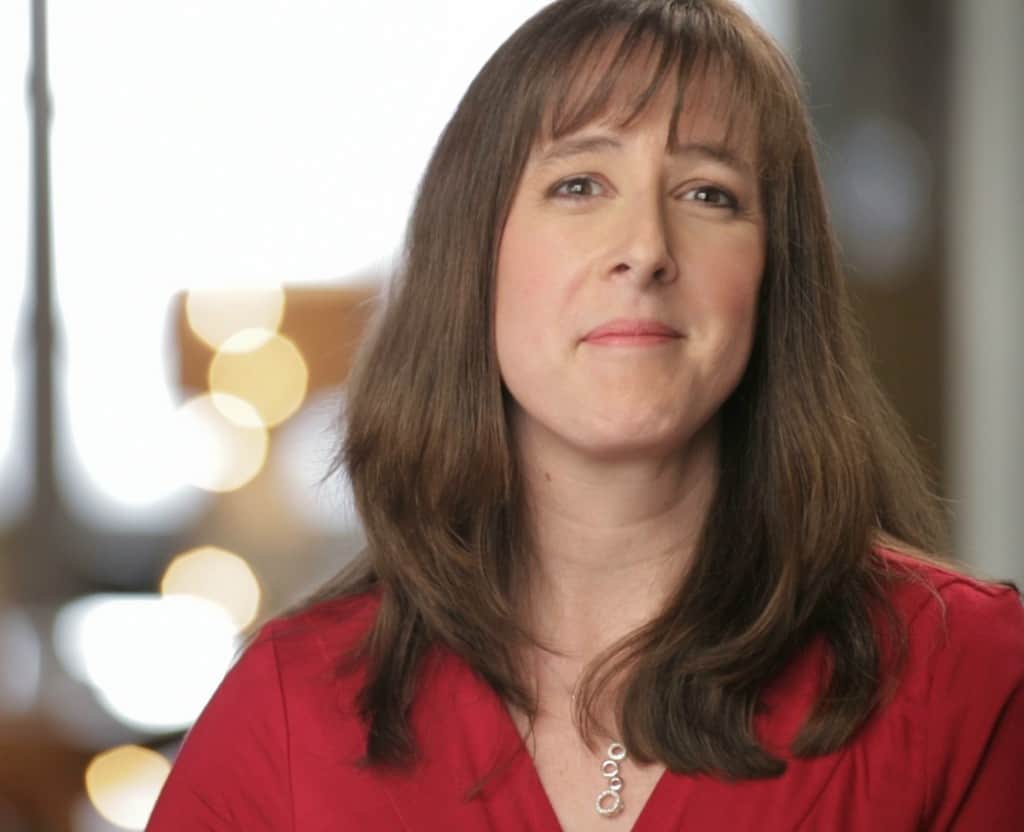
Diane is a professional blogger and nationally certified pharmacy technician at Good Pill Pharmacy. She has two college aged kids, one husband and more pets than she will admit to. She earned her BS in Microbiology at the University of New Hampshire but left her career in science to become a stay at home mom. Years of playing with LEGO and coloring with crayons had her craving a more grown up purpose to her life and she began blogging and freelance writing full time. You can learn more about her HERE.






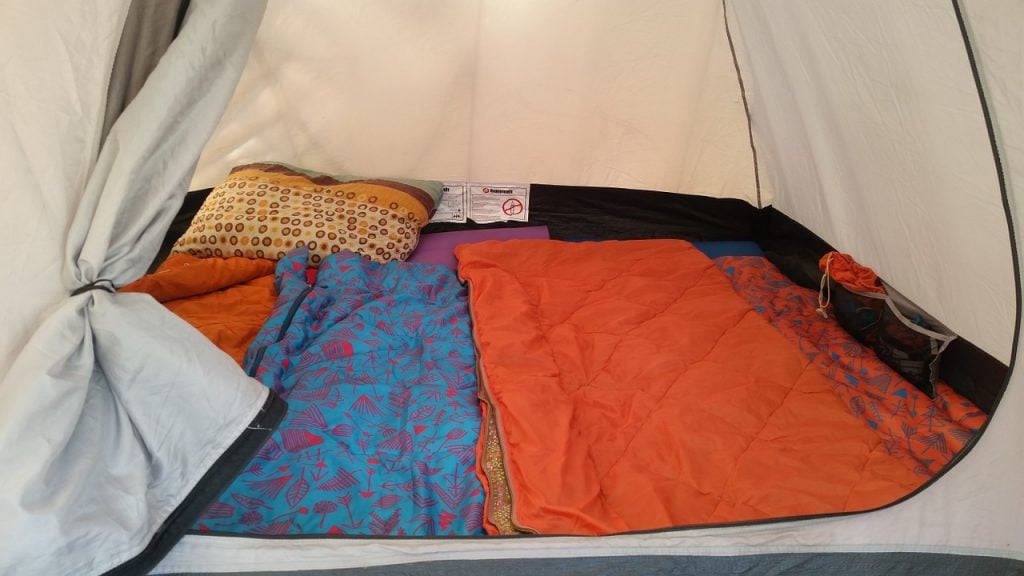

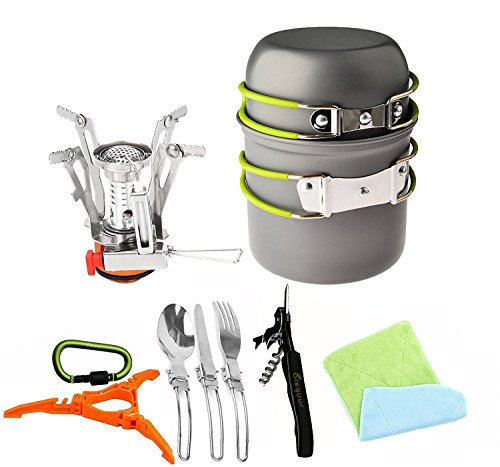
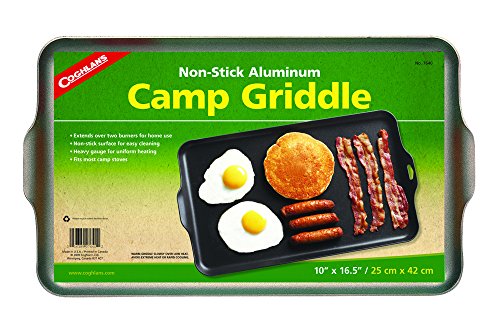
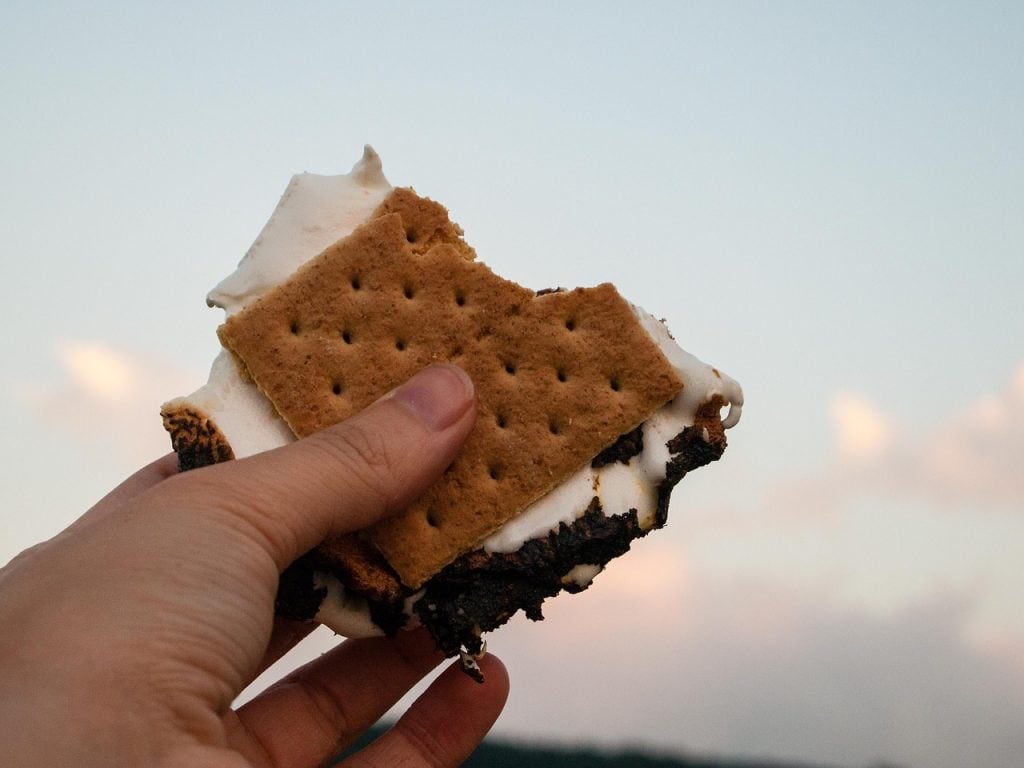



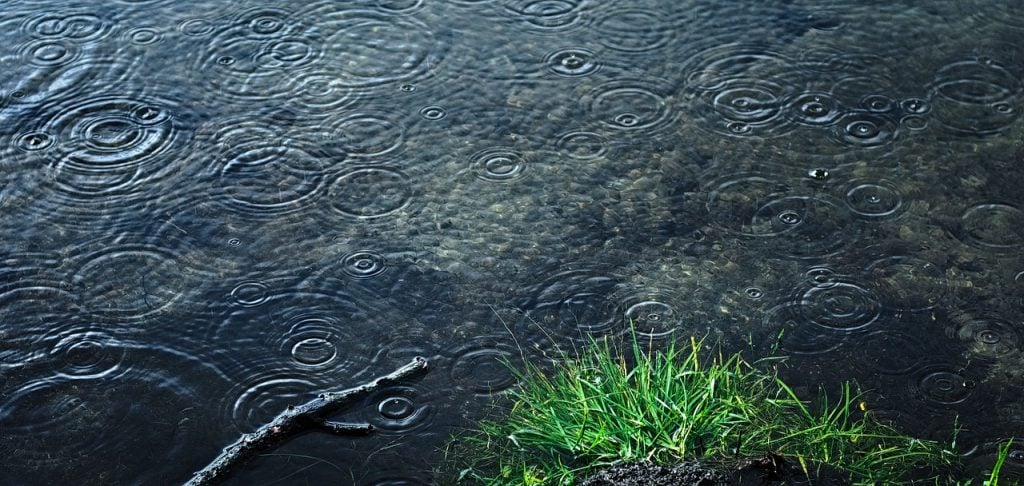
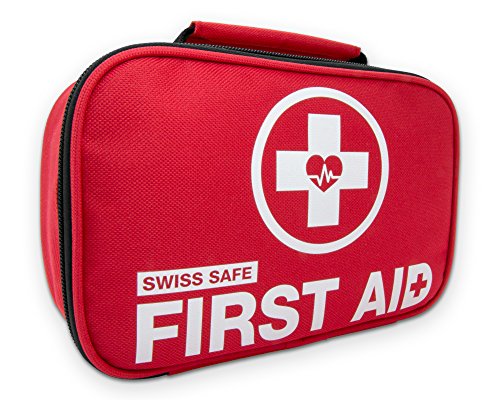


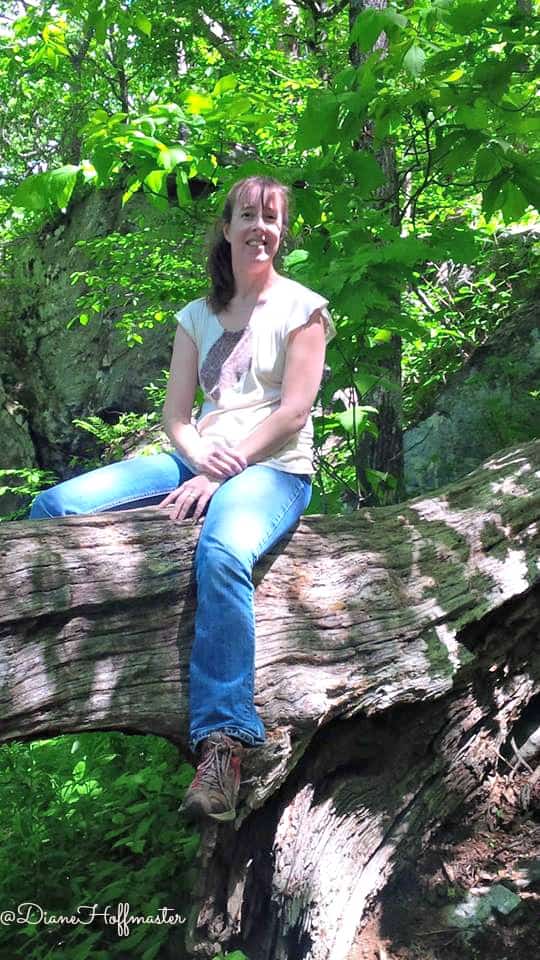
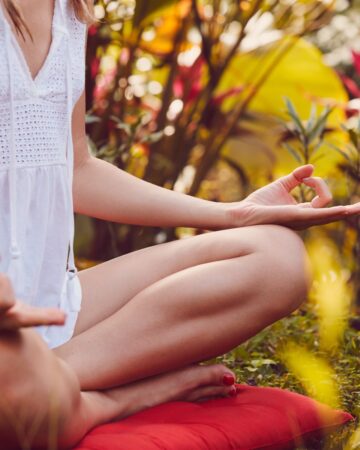
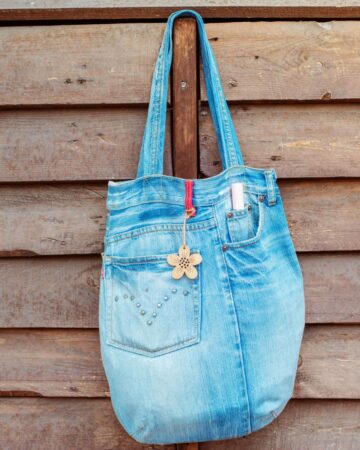
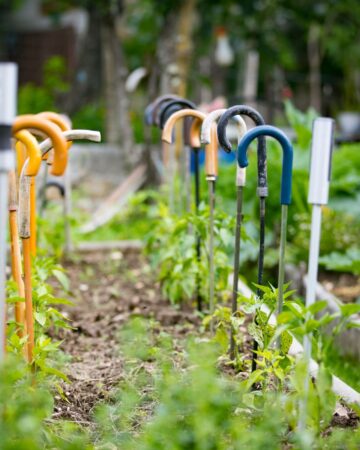

Leave a Reply